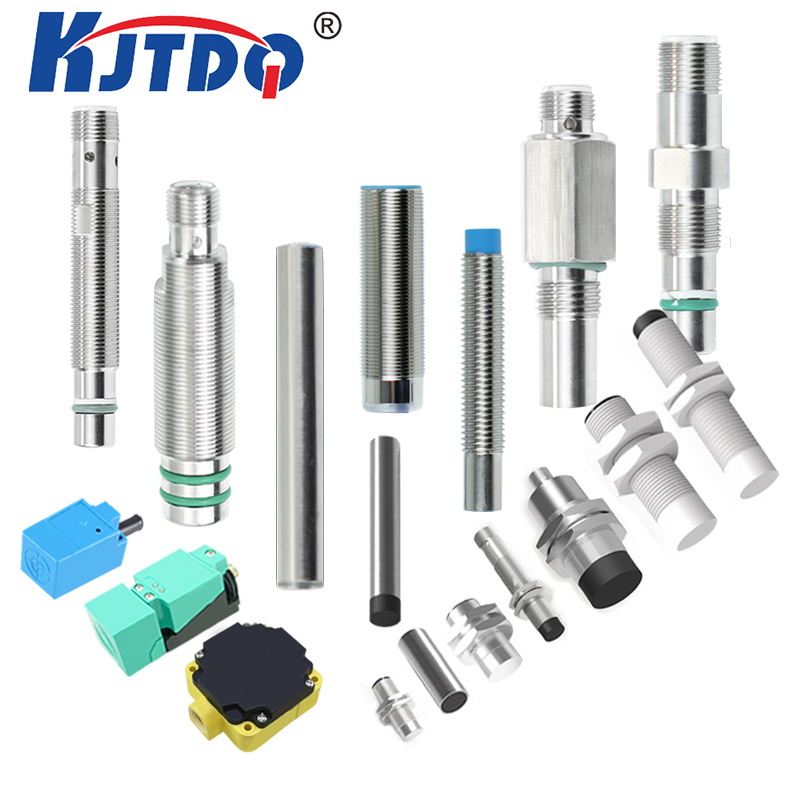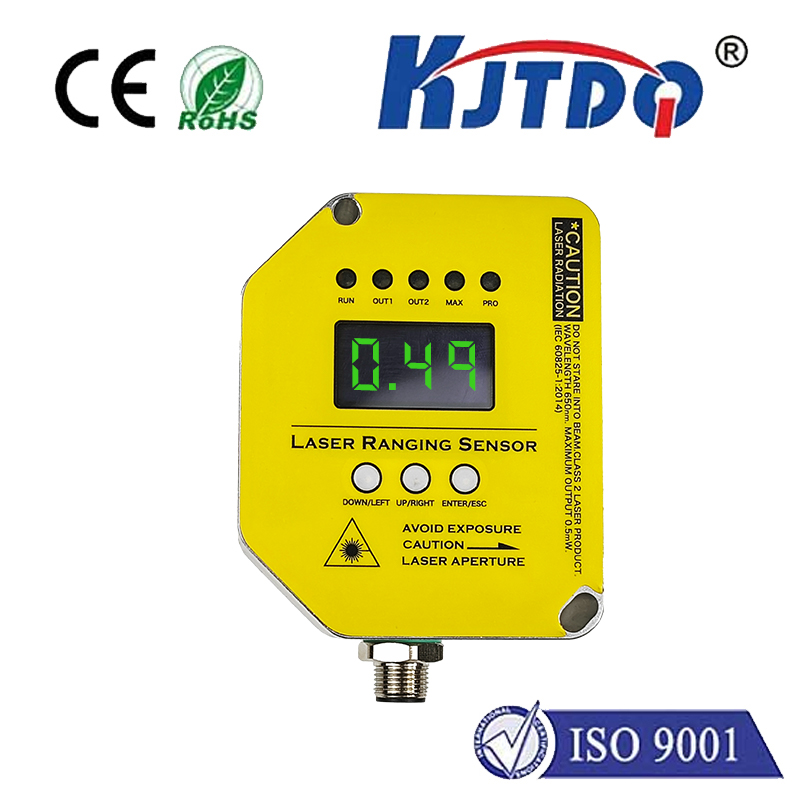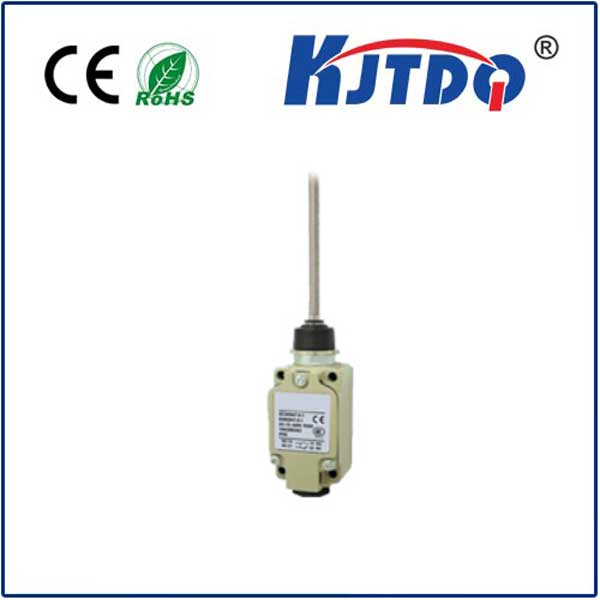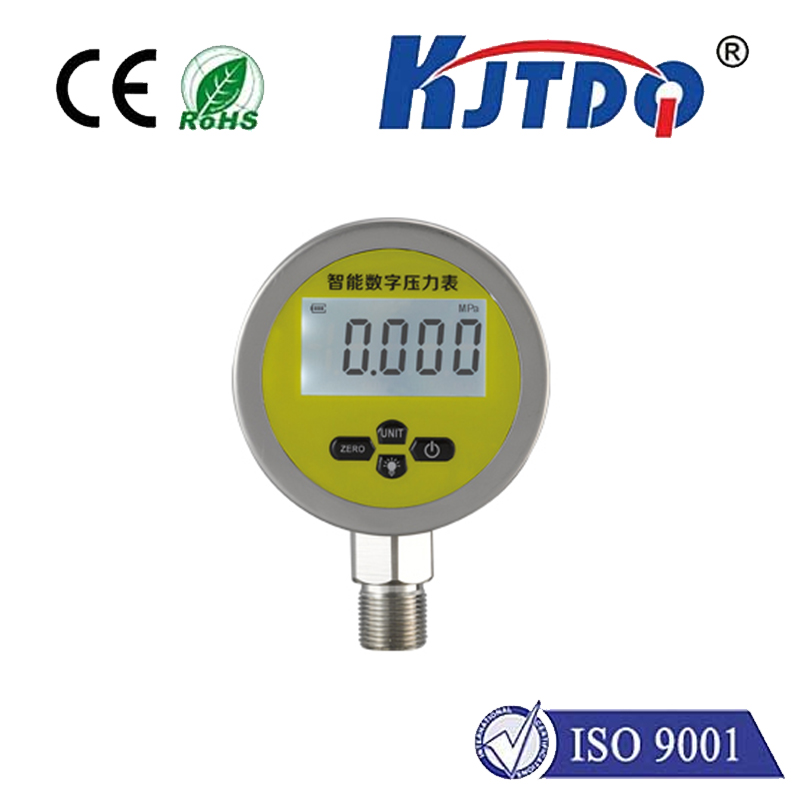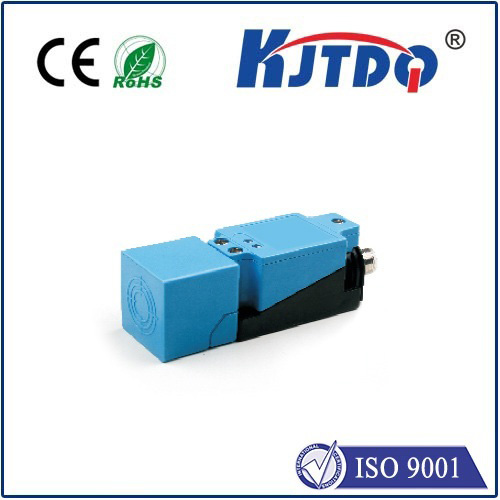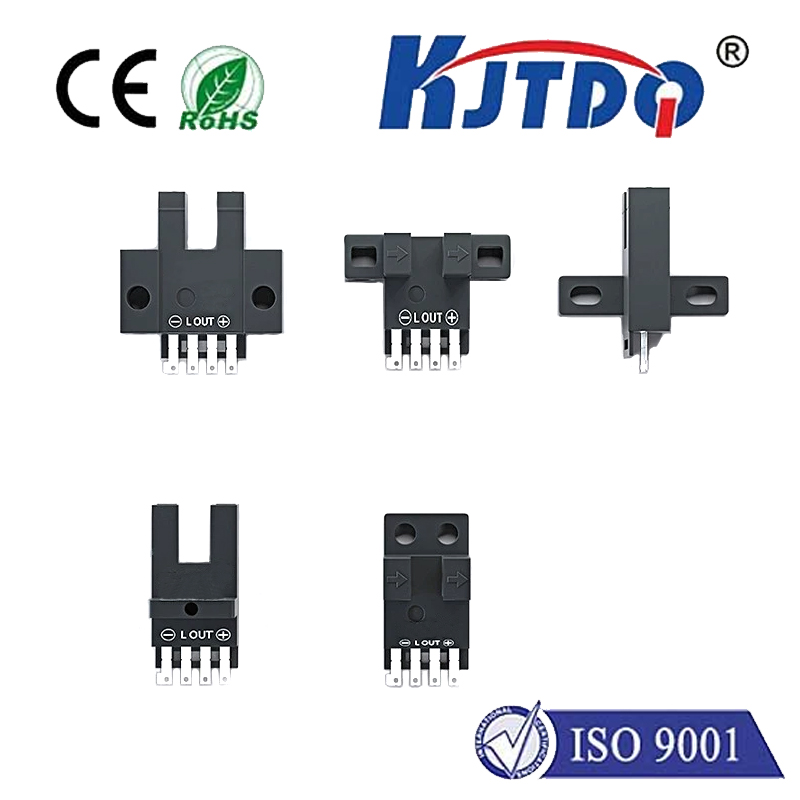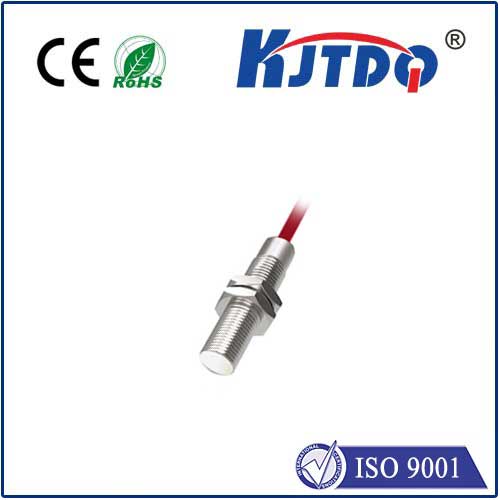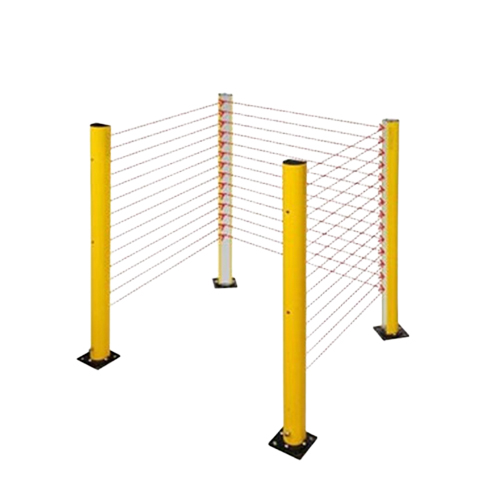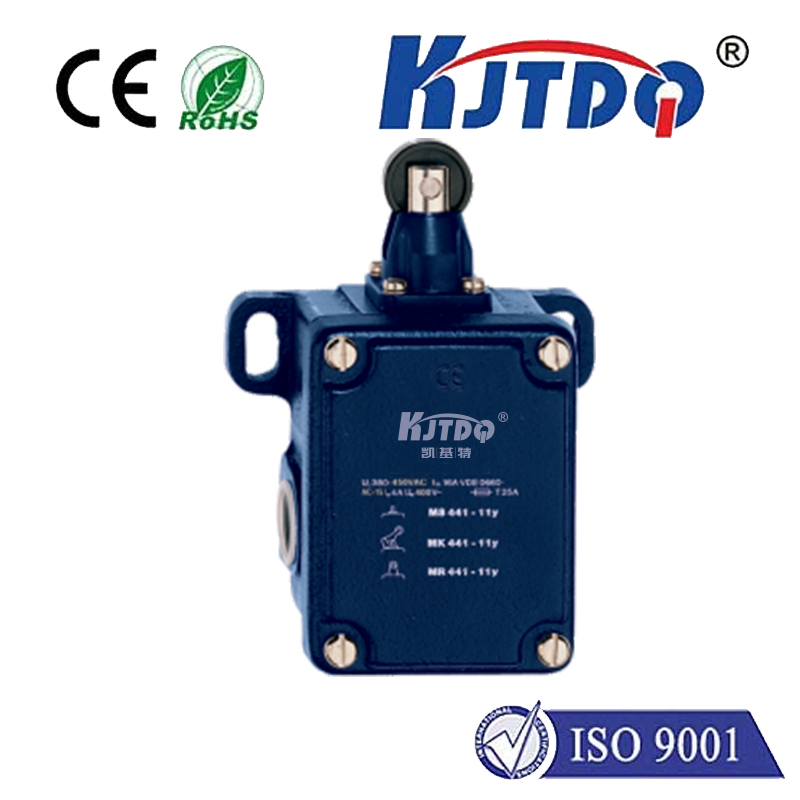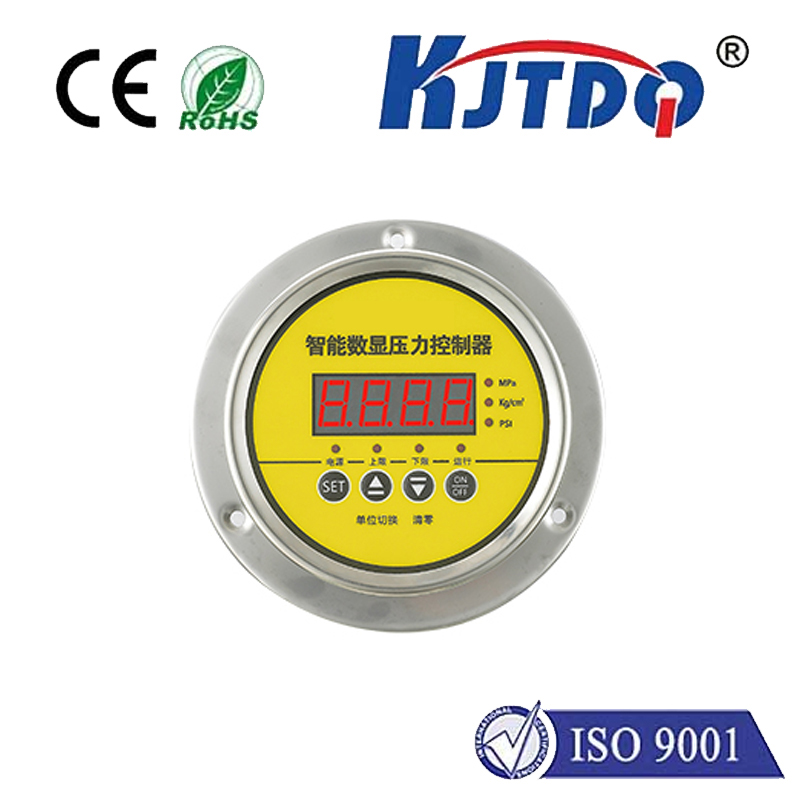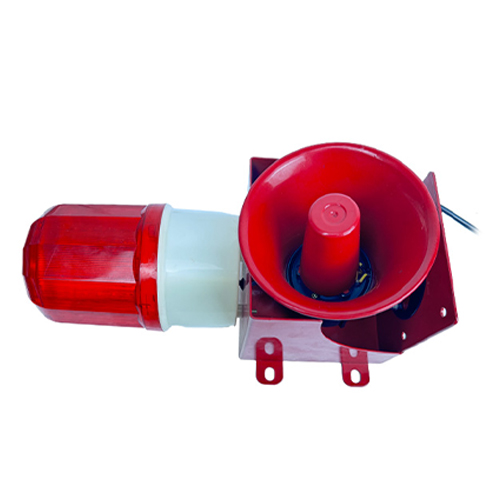abb proximity sensor
- time:2025-07-10 02:27:28
- Нажмите:0
ABB Proximity Sensors: The Unseen Guardians of Industrial Precision
Imagine this: a critical assembly line grinds to a costly halt. The culprit? A failed component sensing the position of robotic arms. Such disruptions underscore the vital, often invisible, role sensors play. At the heart of countless industrial processes – from intricate automotive manufacturing to vast material handling systems – ABB proximity sensors operate silently yet indispensably. These sophisticated devices form a cornerstone of modern automation, enabling machines to perceive their environment without physical contact, driving unparalleled levels of efficiency, safety, and reliability.
Proximity sensors, fundamentally, detect the presence or absence of nearby objects without needing to touch them. This non-contact detection is crucial in harsh industrial environments. ABB, a global leader in industrial technology, leverages decades of engineering expertise to produce proximity sensors renowned for their exceptional performance and robustness. Think of them as the vigilant eyes and responsive nervous system of automated machinery, constantly feeding essential data about object position, presence, or speed to the control system.

ABB’s portfolio primarily focuses on two core types of non-contact sensing technology, each excelling in specific scenarios:
- Inductive Proximity Sensors: These workhorse sensors generate an electromagnetic field. When a metal object enters this field, it causes detectable changes. ABB inductive sensors are celebrated for their extreme reliability in detecting ferrous and non-ferrous metals, their resilience against dirt, dust, oil, and moisture, and their long operational lifetimes. They are ubiquitous in metal detection tasks – counting parts on a conveyor, confirming machine tool positions, or sensing cylinder positions in hydraulic systems. Their inherent ruggedness makes them ideal for demanding factory floors.
- Capacitive Proximity Sensors: These sensors detect objects by sensing changes in an electrical field. Unlike inductive sensors, capacitive variants can detect a much wider range of materials, including metals, plastics, wood, glass, and even liquids or granular materials. This versatility makes ABB capacitive sensors perfect for applications like checking fill levels in non-metallic containers, detecting labels on packaging, or verifying the presence of plastic components. ABB enhances their resistance to electromagnetic interference (EMI) and ensures reliable operation even when faced with challenging material properties or environmental factors.
So, why choose an ABB proximity sensor over alternatives? The advantages are tangible and directly impact the bottom line:
- Uncompromising Reliability & Longevity: Engineered for 24⁄7 operation in tough conditions, ABB sensors minimize unplanned downtime, a critical factor in high-volume production. Their robust construction withstands vibration, shock, and temperature fluctuations.
- Exceptional Precision & Repeatability: Precise detection distances ensure consistent process control and high product quality. Machines operate smoothly and predictably.
- Повышение безопасности: By eliminating the need for physical contact with moving parts, proximity sensors significantly reduce the risk of accidents and equipment damage, fostering a safer work environment.
- Simplified Integration & Maintenance: Standardized form factors (like tubular M12 to M30 sizes), various output configurations (NPN/PNP, NO/NC), and connection options (cable, connector) facilitate straightforward installation and integration into existing control systems (PLCs). Their inherent non-contact nature minimizes wear, translating to low maintenance requirements.
- Robust Environmental Protection: High IP (Ingress Protection) ratings (commonly IP67, IP68, IP69K) ensure reliable operation despite exposure to washdowns, dust, oils, and chemicals, particularly vital in food & beverage or pharmaceutical industries.
The practical applications of ABB proximity sensors span virtually every industrial sector:
- Производство: Position sensing in CNC machines, robot end-of-arm tooling verification, part counting & presence detection on conveyors, palletizing control.
- Automotive: Verifying component presence in assembly processes, detecting piston position in cylinders, monitoring robotic weld gun closure.
- Перевозка материалов: Detecting packages on conveyors, controlling sorting gates, position feedback on automated guided vehicles (AGVs), warehouse automation.
- Packaging: Confirming label or cap presence, checking fill levels in bottles or containers, detecting product flow in chutes.
- Food & Beverage: Level sensing in tanks (capacitive), detecting metal contaminants (inductive), position control in filling machines – all meeting stringent hygiene requirements.
ABB offers a comprehensive range of proximity sensors to suit diverse needs, including standard inductive sensors, shielded and unshielded variants for different mounting constraints, high-temperature models, factor 1 cylindrical sensors for tight spaces, and advanced capacitive sensors. This breadth ensures engineers can always find the optimal sensor solution for their specific application challenge. As industrial automation evolves towards greater connectivity and intelligence (Industry 4.0/IoT), the fundamental role of the ABB proximity sensor remains constant: providing the reliable, precise detection data that forms the bedrock of efficient, safe, and productive operations. They are the essential components transforming raw potential into measurable industrial performance, unseen but absolutely indispensable.



